
It’s a little impossible to not be
impressed by Sylvester Stallone. The man is responsible for ROCKY and
RAMBO. Along the way he has made a few interesting films including
NIGHTHAWKS, PARADISE ALLEY, COBRA, TANGO AND CASH and of course STOP OR MY
MOM WILL SHOOT. Okay, maybe that last one isn’t one of his best, but
still, the man is a living legend. And with the recent success of
ROCKY BALBOA and now, the latest installment of RAMBO, he seems to have
reinvented himself. Both films contain much of what made the
characters a major part of popular culture, but they also humanized
themselves a bit. Yes, RAMBO is one of the most action-packed, violent
and ultra intense gory good times… but it has something to say. It
is easily the best in the series next to the original.
So with that said, given the chance to
talk to Stallone was a proud moment for me. He was funny and he seems
to have a great attitude towards his success and even his failures.
When he stopped by the Four Seasons in Beverly Hills, he was ready to talk
shop. Afterwards, I even got to shake the guys hand and talk a little
WILD BUNCH. After meeting the man face to face, I am even more
impressed with him. He is charismatic, tough, and seems to know just
what the hell he is doing. So this coming January 25th,
head down to your local theatre and find out what it means to be a tough
guy. But beware, it ain’t for the squeamish.
Sylvester Stallone

What happened to the shot in RAMBO
where you punched the guys head clean off?
I know, that’s an optical confusion.
What it was is, the knife… well it was such a bad print it only looked
like I punched his head off. [Laughing] That’s the shot, yeah,
absolutely. I know, I kept reading the blogs going, ‘‘guys, look
closely, no one can punch someone’s head off’. [Laughing]
Do you ever imagine a world where maybe
you shot the ending of the book “First Blood” and you hadn’t had Rambo
with you all these years?
Yeah, I think about it all the time. I
had that debate with Quentin Tarantino. He was vehement that I made a
mistake. And you know, on an artistic level he’s probably right.
But at the time, I had spent a lot of time doing research with veterans and
it seemed like this terrible, nihilistic… just this ending that reveled in
complete despair. And at that time we had almost a quarter of Vietnam
suicides. So I thought, do I want to end it on just that note or make
him more of a victim who has been created to do a job, does the job, comes
home, and you know what, you no longer fit in. It’s like, you know,
training a pit bull. Take a dog, turn him into a killer, and then what
do you do when you’ve gotta put him down. And what happens if that
pit bull gets loose and you realize it’s not as bad as you think.
You can somehow redeem him. I thought that was more of an interesting
story. And again, as Kirk Douglas said, ‘Not artistic, but
commercial’. [Laughing]
Did you have to go back and look at
the previous Rambo movies?
Yeah, kind of, you know the
ponderousness that just comes with aging. The sense of wait, the sense
of knowledge. Knowing too much, the lack of naiveté, which has
happened in my life, sort of set the stage for me. I wanted a Rambo
who is heavier, bulkier, that’s why his first line in the movie is pretty
negative. He’s given up, he has nothing. The other
Rambo’s I felt had a bit too much energy. He was a little too spry,
they were… and I’m not trying to run myself down but, there was much more
vanity involved. You know, the tank tops, it was all about body
movement rather than just the ferocity and the commitment of what he’s
doing. This character to me is much more interesting. I like the
FIRST BLOOD and I like this one, like the first ROCKY and the last ROCKY
BALBOA. Everything in between you’re kind of like, trying to figure
it out. What if you do? [Laughing]
Can you talk about the tone of the
movie a little bit because, a lot of audiences might go in expecting the
gratification of seeing Rambo turn and kill a bunch of people. But the
way you depict the violence is really unflinching and very… if not
realistic than so intense you kind of can’t just enjoy it.
I think it was the opening credits, I had to
live up to a certain kind of responsibility. Because people are dying
as we are making the film. Therefore to just have me running through
the film doing these extraordinary heroics, I thought would demean what they
are going through. So they had to have their moment where you see a
village that is decimated and that’s what happened, matter of a fact you
can see much worse. And I don’t know if that other stuff would fly
today. I think the audience really wants something hard-hitting, but
with at semblance of reality. We went too far in the old days.
We got away with murder… jump out of a plane, well, I don’t need a
parachute, you use mine. And you made it, somehow you made it.
[Laughing] You landed on a convertible roof and you did it. [Laughing]
And I said no. No, this time, I’m gonna really, really show it.
And the violence has to be extraordinarily brutal ‘cause… we see people
beheaded on television. I mean, how much harder can you go? You
cannot water it down. And that was a big bone of contention. And
then the other thing was, do you do a film about a caper, like they wanted
to have the corrupt CIA guy, and he’s trying to sell plutonium rods.
I said no. The biggest and most interesting crisis in the world is the
human crisis. It never gets boring, back to Shakespeare, I mean, you
don’t need a gimmick. It’s just man against man. Just their
intolerance of each other.

It seemed like a lot of
production companies were trying to get in with this. There was
Lionsgate, Weinstein, New Millennium, I mean…
I don’t know any of them either.
[Laughing]
So did they come to you? I
mean how did you end up working…?
What happened was, well Weinstein
came about twelve years ago. And somebody in New York said would you
want to do anther Rambo… well sure, okay. And they had this idea
where Camp David’s attacked… I’m out. Out. [Laughing]
I hate… it just can’t. There is something about nature as part of
the character. There is something about the primitive man.
He’s almost like an Indian. Set in the city I just didn’t think it
would fly. So it died for ten years. Resurfaced. At one
time Mark Burnett was talking about doing it and then that didn’t work.
Then I called Harvey Weinstein and talked about these missionary groups that
are going to Afghanistan, and I said, ‘this is interesting’ and I never
got called back on that. So Avi Lerner bought it. New
Millennium. And he was open to this whole idea. The thing was, I
was gonna either do something about Mexico. Actually that whole Coyote
Mexico, remember that, people disappearing in Juarez and that whole world.
So we went that way and I said, no, that’s not working. I need
something more. More international so we searched and found out that
Burma is one of the great hellholes on the planet. But no one knows
about it. And it’s exotic and it’s near Vietnam. It’s just
the synergy was perfect. That’s why.
Can you discuss you personal
location scouting when you went down there before you shot the movie?
And also the shooting conditions themselves?
Funny you bring that up, the location
scouting was truly hell. We had to go to places where we were not
going to be so confrontational with Burmese Agents. They’re all over
Thailand. And they’re very, very sensitive to their image,
especially down in Masai where people have disappeared. It’s a
serious situation. And the Thai’s are very worried about their
image. So we decided to go up North to Chiang Mai to find something
that would sort of be obscure so we wouldn’t be in their faces. But
the locations themselves were so inland, sometimes we’d have to use
elephants to get there, we’d spend days on the river. And I just
wanted to try and find something that hadn’t been… well, we couldn’t
afford to go up into the mountains, which would have been great to go up to
these areas. Just something that felt as though, this would be Rambo
territory, and be as rugged as his life had been, and bleak. And also
serviceable for some of the actors, who really… I don’t want to put
‘em through the kind of hell they had to be put through. It was a
lot of work, it took four different shifts back and fourth and eighteen
hours each way, it’s a lot of scouting back and fourth, a lot of jet
lagging. But we found, we were using these Karen Natives that were showing
us these very obscure locations that had never been seen before.
You’ve brought back these characters
in a way that has gotten the fans really excited. How do you
approach a different franchise like DEATH WISH?
Yeah. I think DEATH WISH, if it were
done today, would be volcanic. The idea of Jeff Goldblum or some actor being
a mugger who breaks into an apartment is very simplistic. It gives you an
idea how bad the elevation of violence has become. I would focus on defense
attorneys, I would focus on people that are really allowing this crap to
happen — not so much the guy on the street. It’s like, ‘Who permits it?’
What if it happened to you, that your daughter was grabbed and her eyes were
put out? Would you sit there and wanna defend that guy? Would ya?
There’s moral questions here that are being presented , that have not been
answered in thirty years. So, by no means is it the pacifists.
Also this fella I see, give ya a little hint, he was a very violent human
being, completely violent. I think an ex-convict who walked the walk,
was accepted back into society, did everything he could to be a… it’s
like these thieves and these junkies are now working the side of the law
because they’ve gone that way. And when tragedy happens he reverts
back, so now you’ve unleashed this kind of…… a man who really
understands a world of violence. He is burdened with this
passive aggressive conscience or objective thing that has been done.
It’s like what happens when the wolf has gone to wolf in sheep’s
clothing, back to the wolf. Now the fella on the street has a problem.
Because he knows how to deal with that kind of mentality, he was in prison
with it. So it would be a whole different thing.

Can you talk about the challenge of
making characters like Rocky and Rambo relevant today after fifteen to
twenty years?
If I were trying to go after a youth
audience, and trying to find something hip and using certain music or
whatever, I think that would be pretty obvious and it would be rejected.
There’s some things that never change, universal truths. And as you
get older they become more and more apparent about how difficult life in and
the speech in Rocky about taking punches and life gives you punches… the
young people supported ROCKY more than even people my age, I think
[they] really embrace and enjoy those kind of lessons. And I think the
lesson that is somewhat presented here, that war is hell and there is no
winner… ever. And unfortunately people just have to find it out the
hard way. And eventually after a man takes that journey or a woman
takes that journey, you always hope that you can go back home. That
there is still some gateway back to peace, peace of mind, where you can
start to rebuild. And that’s the only thing I hope that works, and I
think it does work because there are just universal truths that never, ever
change. No matter what, society wants freedom, everybody wants peace
of mind. But it comes at a horrible price, quite often.
Was it hard to bring the movie in
with an R?
I couldn’t believe it, first of all.
When babies are being bayoneted and… I thought this will never go.
And we presented it, but I did have a caveat with the MPAA, I said,
‘…this is happening today. And if we are ever going to do
something responsible, where art has the ability to influence peoples
awareness and impact the lives of these people, don’t dilute it. Don’t
water it down. It’s got to be uncomfortable. It is
uncomfortable. It’s miserable. It’s distasteful.
It’s horrifying. But if you’re not gonna do it, don’t do the
movie, don’t do violence-lite. Don’t… just don’t, it’s wrong.
Don’t cut away too soon. Just let it sit in, I want people to feel
it.’ and to their credit, they allowed this film to be as truthful as it
could.
What was the most challenging
experience while making this film because over there the weather is
horrible?
Yeah, you’re right.
And also the many other conditions?
All this while wearing so many hats as writer, director and actor…?
Well, to give you an idea, we had in
ROCKY of about sixty people. With this it was about five-hundred and
seven. I mean, that’s how hard it was to move through the jungles.
It was the hottest temperatures in ninety-four years. I even wrote
lines about when they go up the river and it’s always hazy and foggy.
That was the burning season, the entire country is burning to the ground.
They could see it from satellites. They had to send in the military.
It was just out of control, people were just burning and burning and burning
their land. There are one-hundred and sixty-five different snakes in
Thailand, ninety of them are poisonous. So, it was a constant problem,
people were bit. Centipedes which were the size of your shoe, you
know, being found in your shoes. You know, it was a rough, rough…
you know, Julie Benz, coming from “Dexter”” and going, ‘what?’…
[Laughing] welcome to action films. It was extremely difficult, but
the Thai’s were… you know what it reminded me of? When I was
watching… they were making a David Lean film, THE BRIDGE ON THE RIVER KWAI,
how much you just have to truck, and use brutal manpower to get inland.
There’s nothing glamorous about it. And I’d watch these men
shoulder these giant generators and cut trails, cigarette in the mouth, no
shoes, and they were just… you could of never have done it anywhere else
on the planet. Believe me, I wanted to… when we were starting to get
all the threats from the Burmese, I wanted to… ‘can’t we shoot this in
Puerto Vallarta?’ [Laughing] I tried…… you don’t know, you
don’t know.

Any more ROCKY movies on the way?
No, I…… No. They talk about
the “Son of…” but no, I got so lucky with this final image of Rocky…
that’s it, I can’t, I can’t go any further. It was a miracle that
it even got done. That was my finest, finest moment, I’m so happy
with it. ‘Cause you want to end it on a certain note and we were
lucky we got that shot.
Do you find that people are surprise
that they’re so physical, that there is also a artistic motivation behind
them too?
You know, I don’t know if that is
quite apparent but I know what you mean. If there isn’t some kind of
thought behind it, because muscles are easy, anybody can do muscles.
You just go violence, violence, violence, action, action, action. But
if you can find those little moments in between, connect with the people
that aren’t so physical, that’s what takes the time, and that to me is
the challenge. And that’s what I love about it.
Let me know what you think. Send
questions and comments to [email protected].
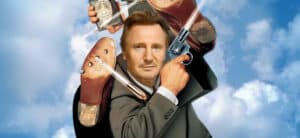

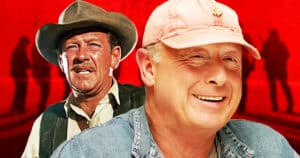





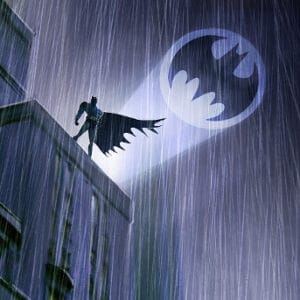
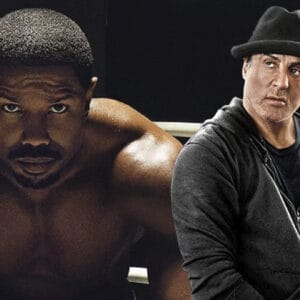
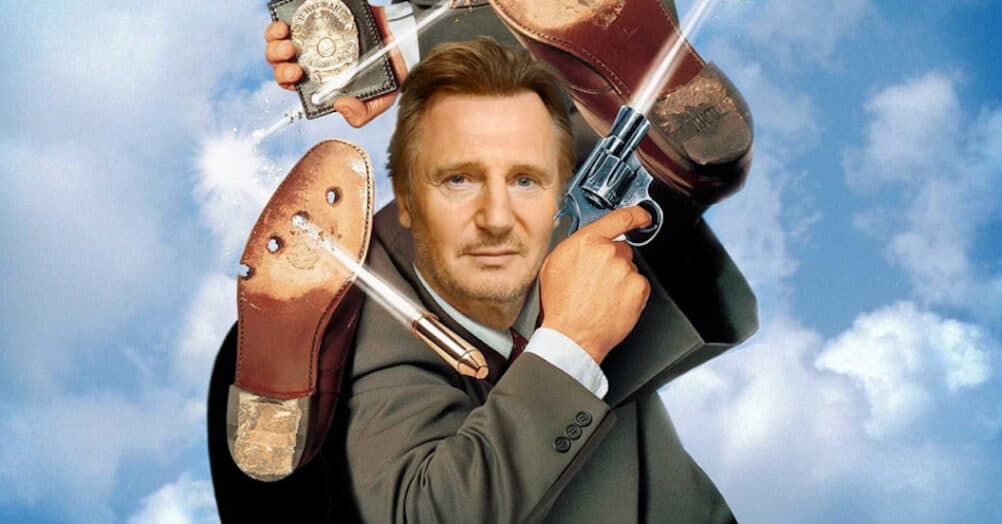
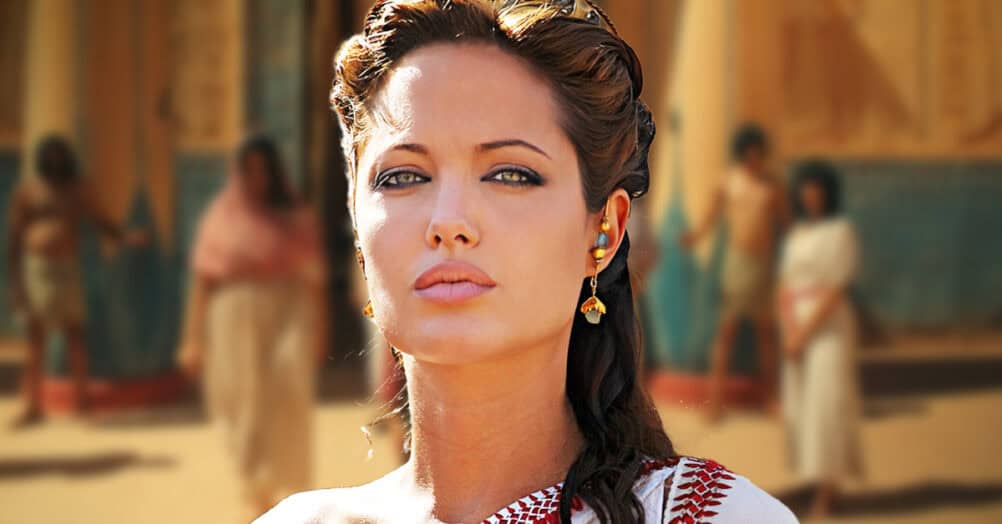
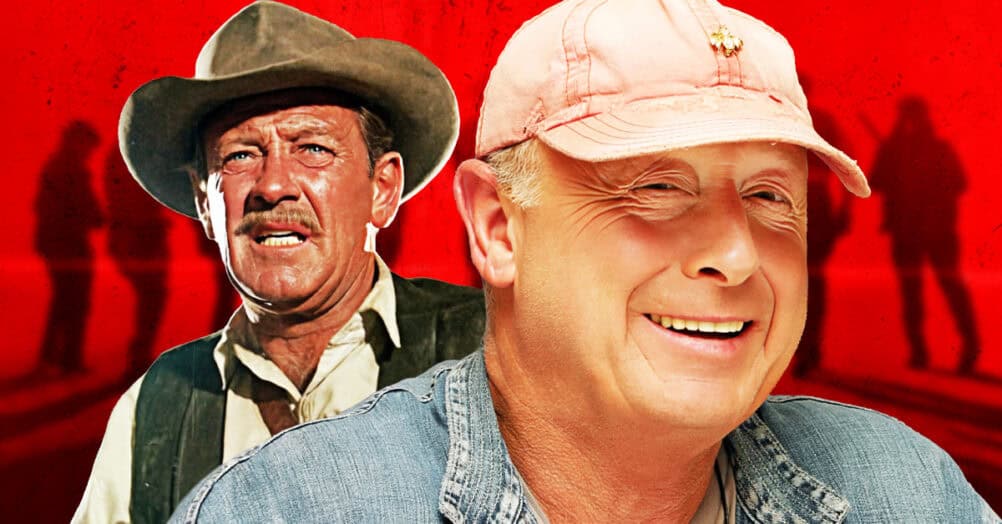
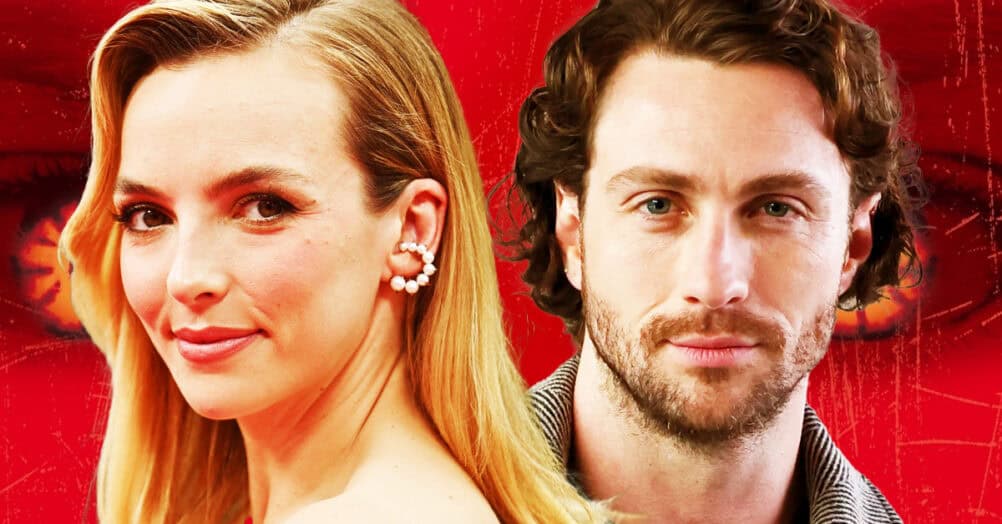
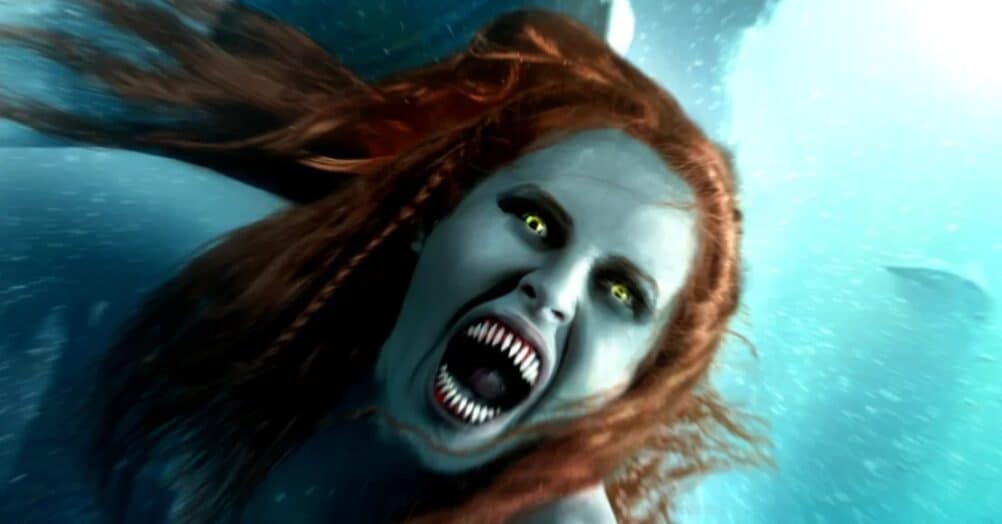
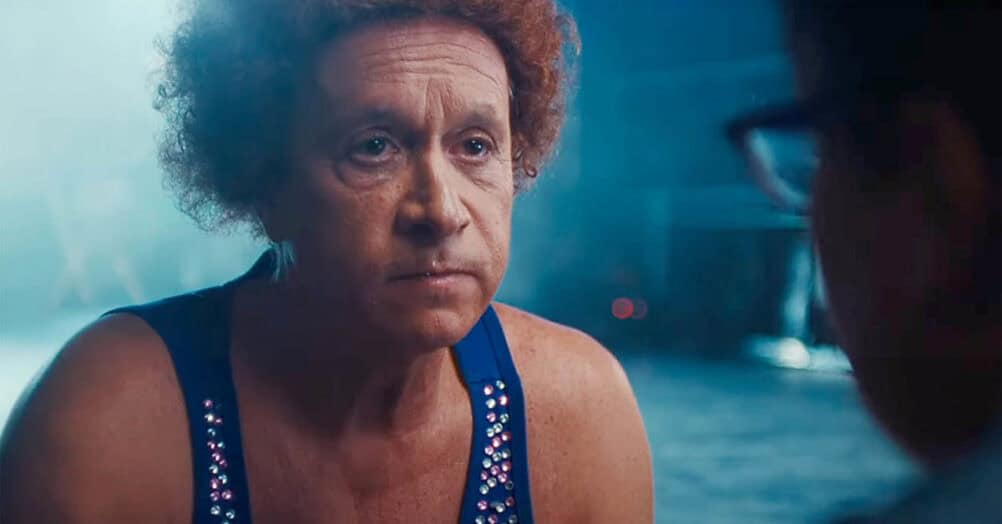
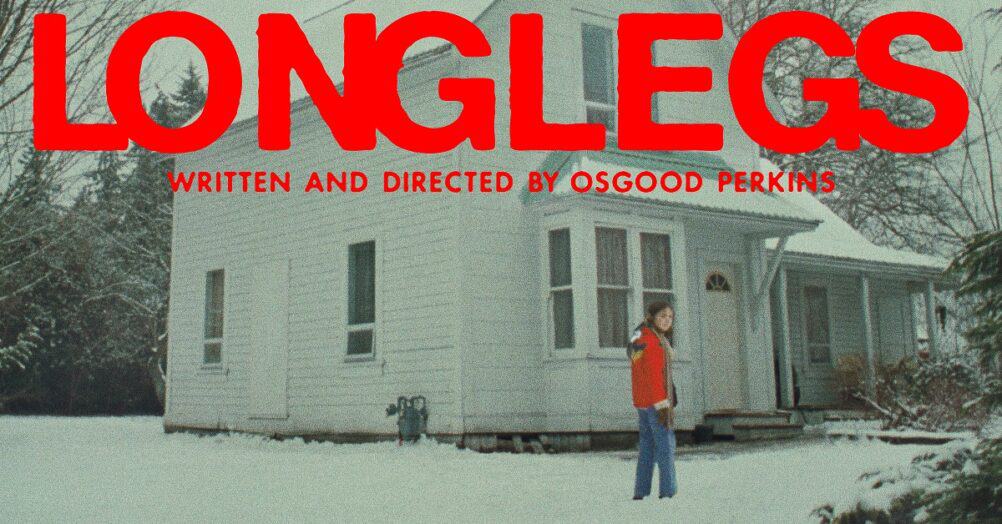
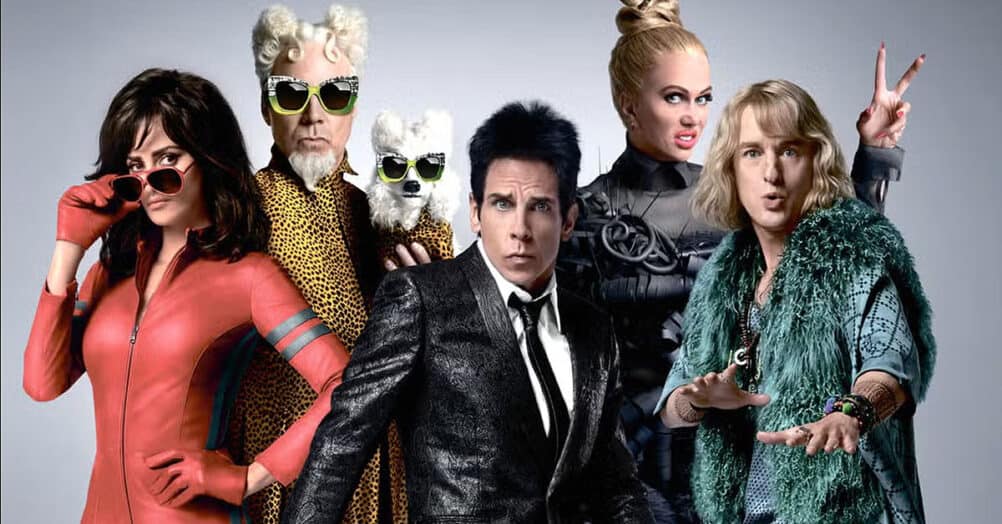
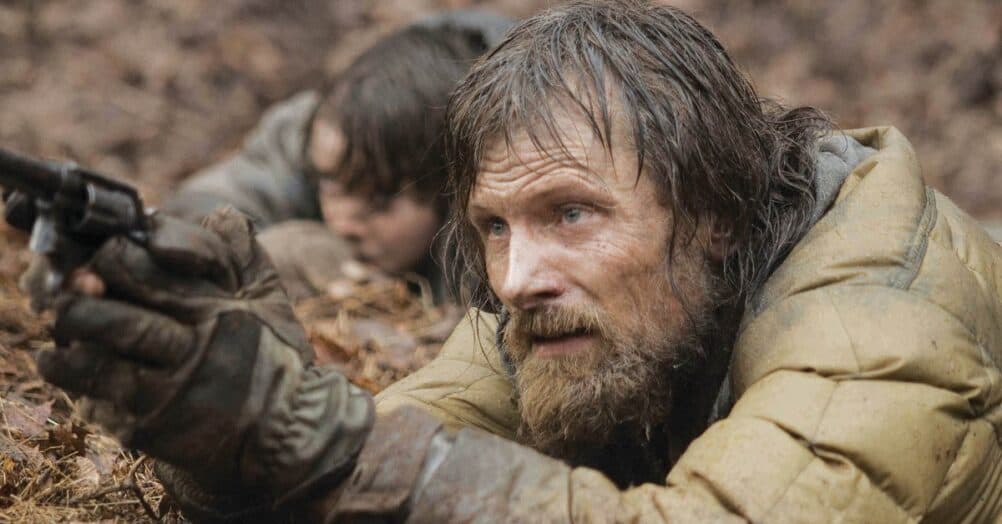

Follow the JOBLO MOVIE NETWORK
Follow us on YOUTUBE
Follow ARROW IN THE HEAD
Follow AITH on YOUTUBE